Welcome to the amazing age of bunnies! Rabbits are some of the most endearing and beloved creatures in the animal kingdom. From their big eyes to their soft fur, it’s no wonder why bunnies have been captivating people for centuries. Whether you’re a bunny enthusiast or are just curious about these furry friends, this article will provide you with all the information you need to know about rabbits. Get ready for a fascinating journey into the world of bunnies and discover why they have become so popular around the globe.
How Old Are Bunnies?
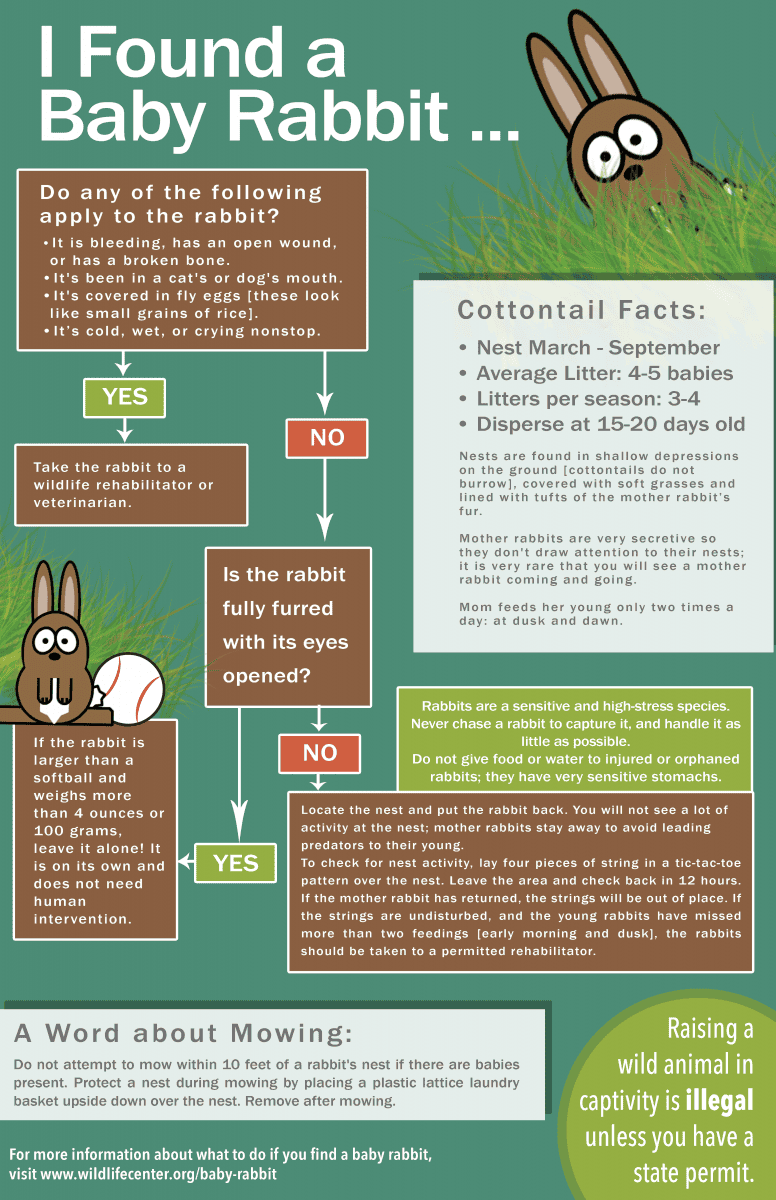
Age of Bunnies
Bunnies can live between 8 to 12 years, depending on their breed and environment. Generally, a house rabbit can live up to 8 years, while a wild rabbit can live up to 12 years.
How to Tell Age of Baby Rabbit
Baby rabbits are born blind and furless, so they are unable to fend for themselves. They need to be taken care of by their parents or an adoptive family. The age of baby rabbits can be determined by looking at their fur, teeth, and eyes.
Fur: Baby rabbits will have short, soft fur, while adult rabbits will have longer, coarser fur.
Teeth: Baby rabbits have small, sharp teeth, while adult rabbits have larger, flat teeth.
Eyes: Baby rabbits have blue eyes, while adult rabbits have brown eyes.
By looking at these physical characteristics, you can accurately determine the age of baby rabbits.
How Can You Tell How Old a Baby Rabbit Is?
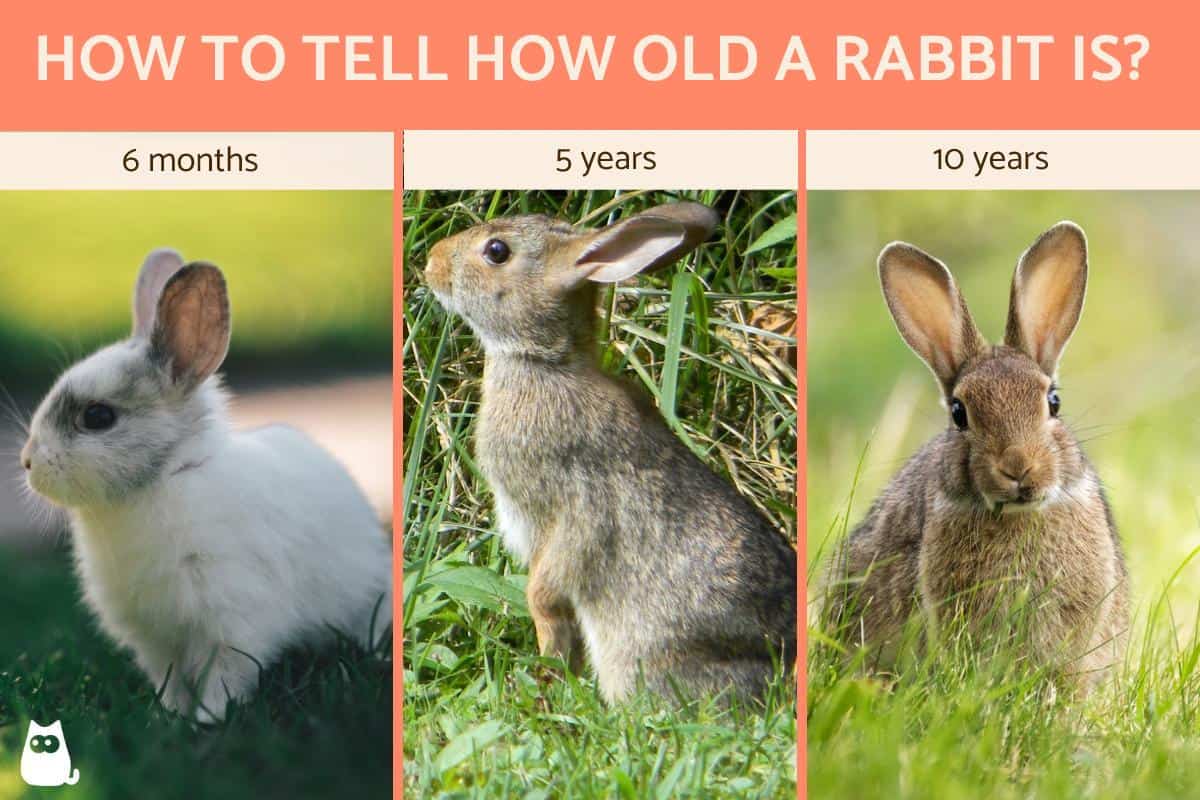
Newborn
Newborn rabbits can be identified by the presence of their umbilical cord stump. This is typically present until the rabbit is about 24 hours old. Additionally, newborn rabbits will have their eyes closed, will not be able to walk and their ears will be folded over.
Older Rabbit
When determining the age of an older rabbit, the size of their teeth is an important indicator. At 6-8 weeks old, a rabbit’s incisors will be fully grown, and the molars will be worn down from chewing. The fur of the rabbit can also be used to estimate age; baby rabbits will have a softer, more velvety coat.
Conclusion
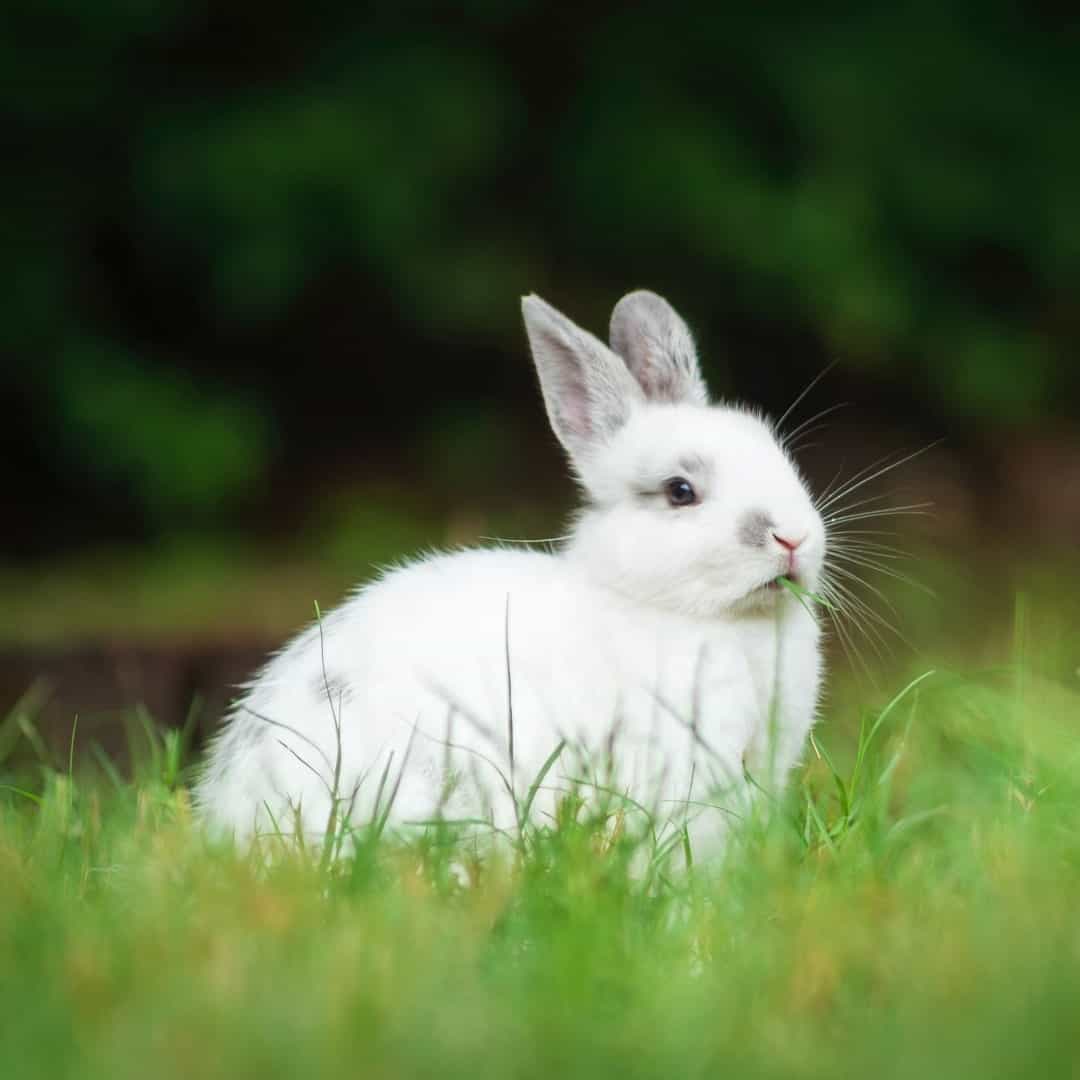
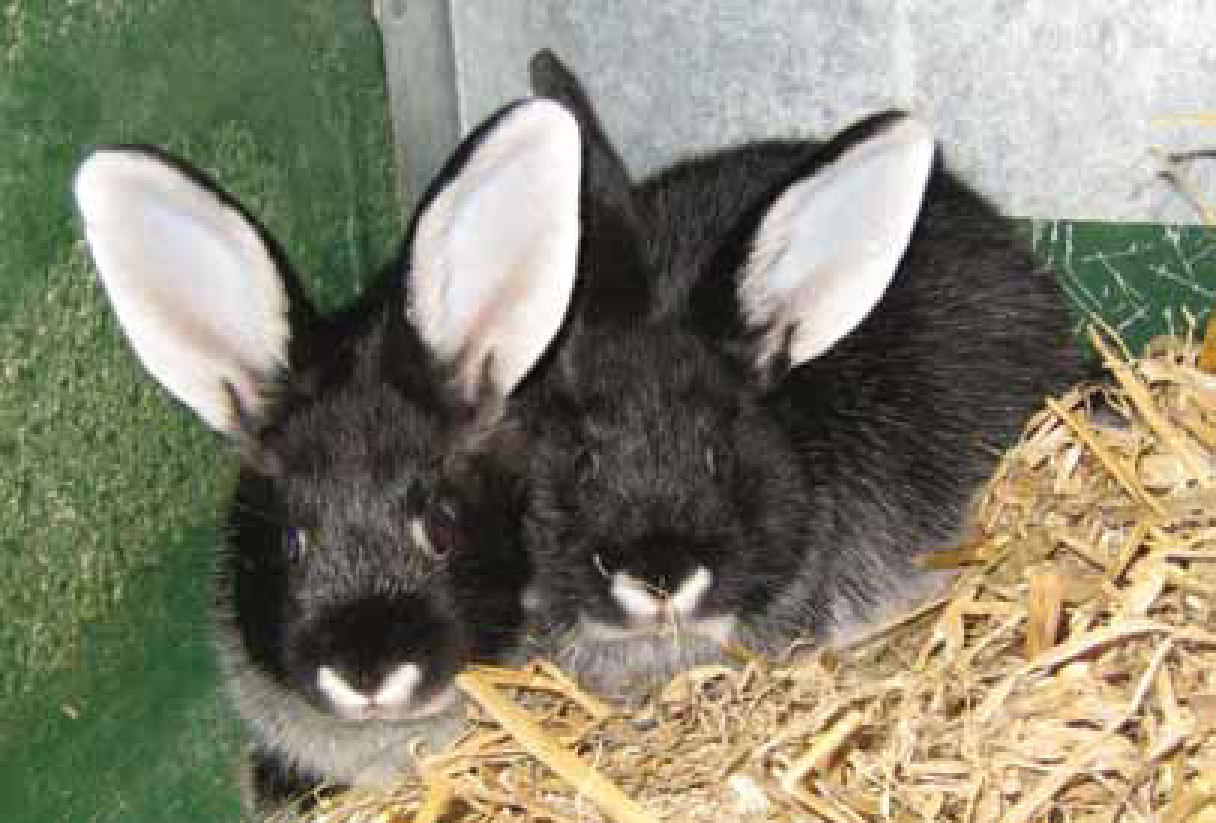
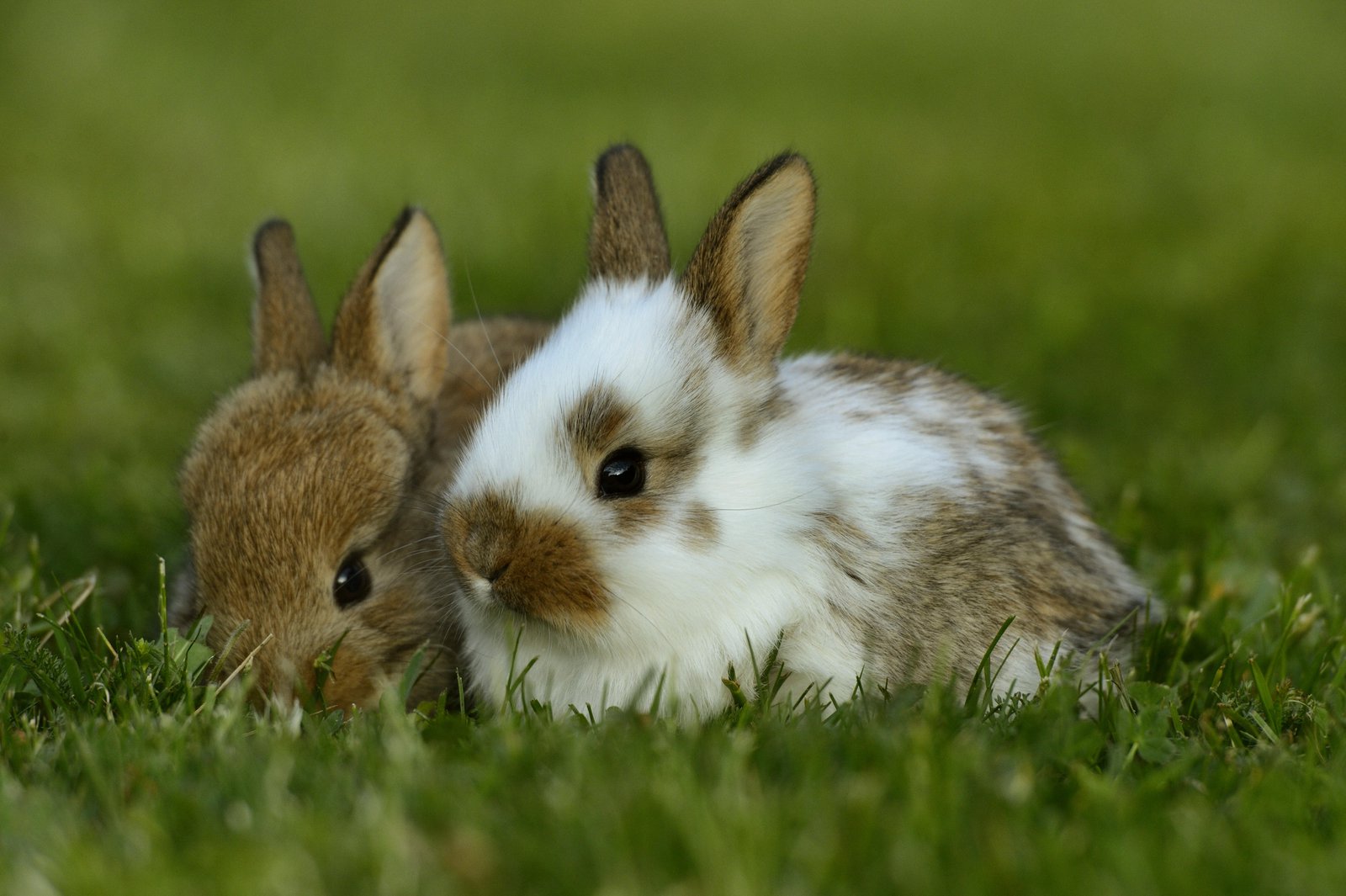
Rabbits are amazing animals that can bring joy and companionship to any home. It is important to be aware of their age and take proper care of them accordingly. Knowing how to tell how old a baby rabbit is can help you ensure that your pet is getting the best possible care. With the right knowledge and care, rabbits can live a long and healthy life.
References
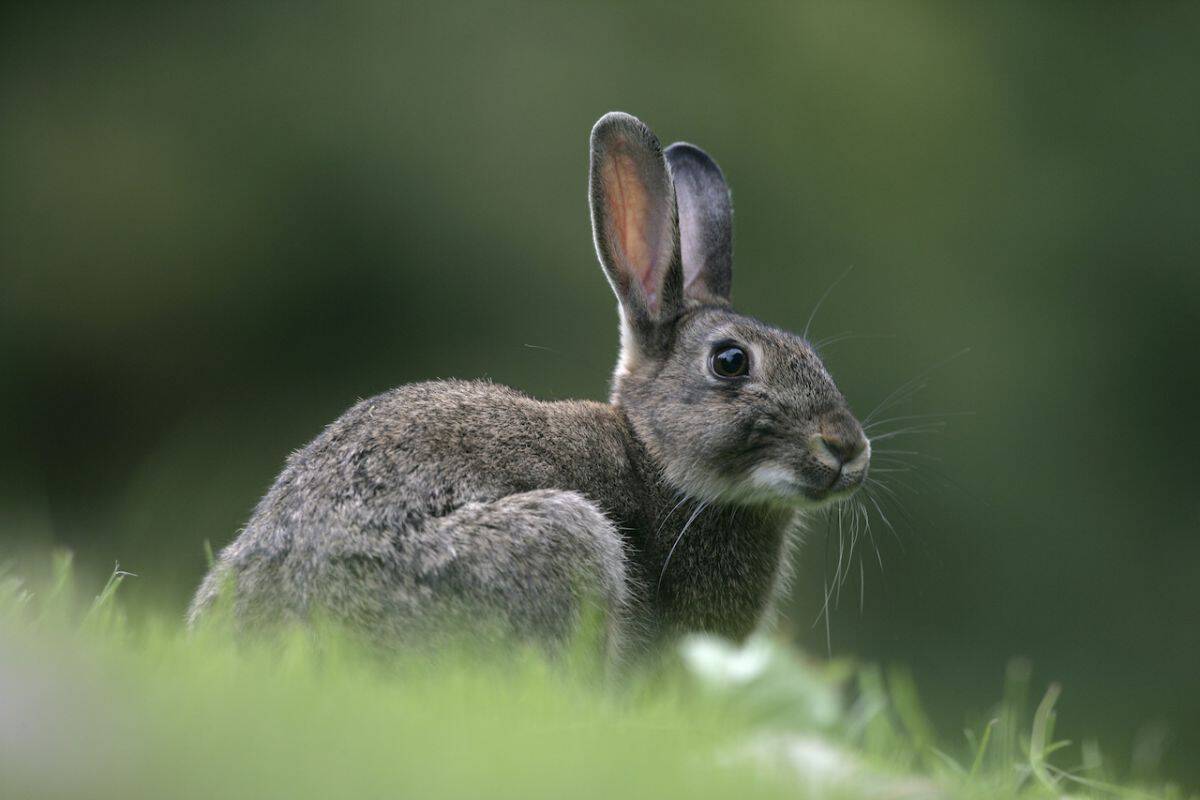
- How to tell age of baby rabbit: Knowledge of basic rabbit anatomy can help you accurately determine the age of baby rabbits. For example, the eyes of a newborn are closed, and their ears are folded over. As rabbits get older, the eyes open and the ears stand up.
- The average lifespan of a pet rabbit is 8 to 12 years. To ensure your pet rabbit lives a long, healthy life, feed them a diet high in fiber and low in fat, provide plenty of exercise, and take them to the vet for regular check-ups.
- Rabbits are social animals and love to play and interact with their human companions. To give your pet rabbit plenty of enrichment, provide them with toys, tunnels, and hideaways, and allow them out of their cages to explore.
- Rabbits need a place to escape from predators, so make sure their enclosures are secure. Additionally, rabbits are sensitive to loud noises, so a quiet environment is essential for their wellbeing.
Discover the Amazing Age of Bunnies: Everything You Need to Know About Rabbits
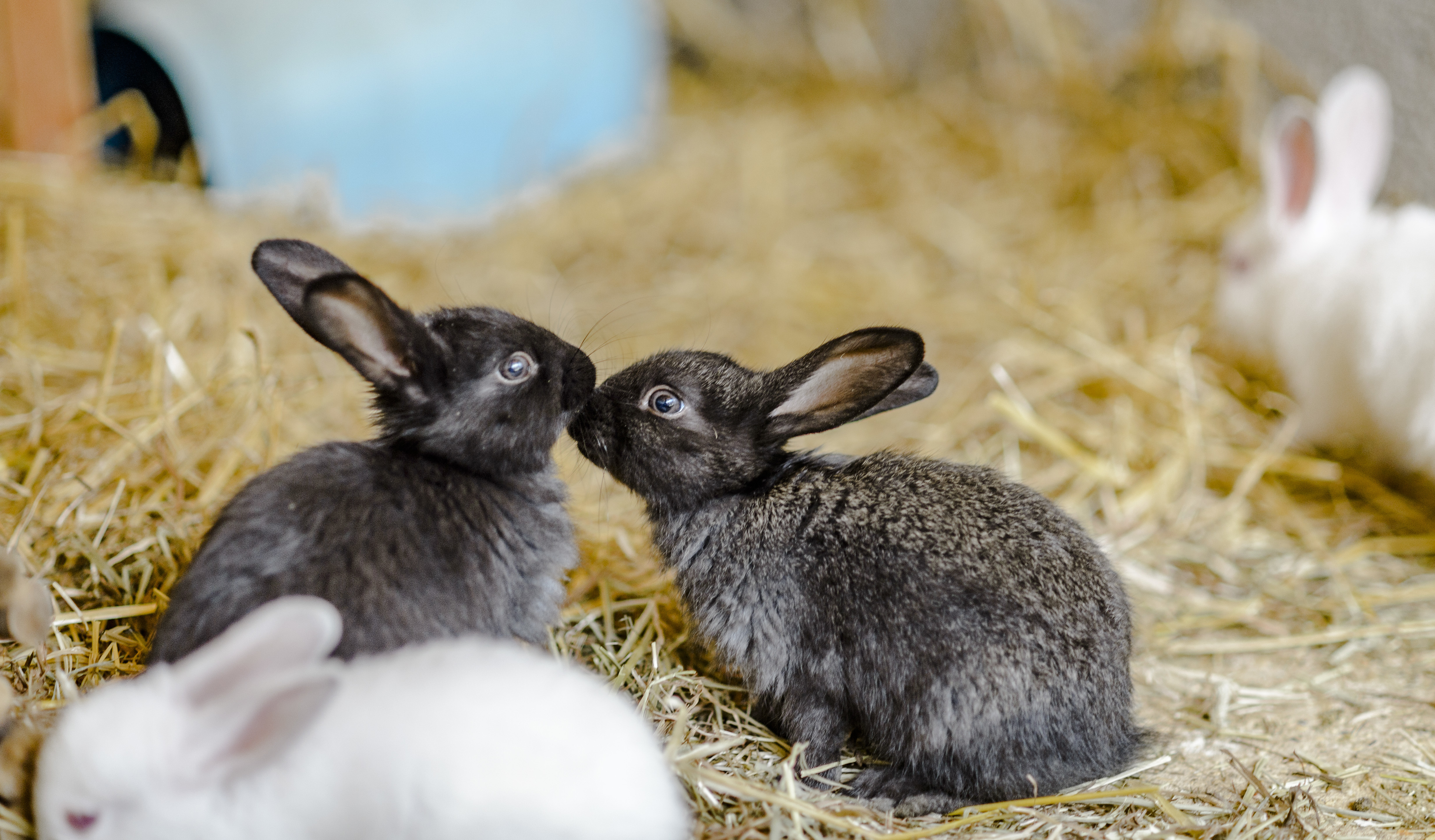
- Rabbits can live up to 10-12 years – Rabbits make amazing pets due to their long life span. They can live up to 10-12 years with proper care and diet.
- Diet – Rabbits eat hay, fresh vegetables and fruits. They also need pellets, vitamin C supplements and fresh water daily.
- They can reproduce quickly – Rabbits are able to reproduce quickly, with their gestation period lasting only about a month. A female rabbit can give birth to up to 12 babies in one litter.
- Rabbits are social animals – Rabbits need companionship and prefer to live with other rabbits. They also enjoy being around humans and can become very attached to their owners.
- How to tell how old a baby rabbit is – Baby rabbits have closed eyes and ears when they are born and open them after 10 days. After 21 days, they can start eating solid food. You can tell the age of a baby rabbit by its size and weight.
Conclusion



In conclusion, bunnies are amazing creatures with a surprisingly long life expectancy. Although they can live up to 8 years in the wild, some captive bunnies have been known to live up to 10 years or more. A healthy diet and regular vet check-ups can help to ensure your bunny has a long life. So, if you are thinking of getting a bunny, you can rest assured that you’ll have a companion for many years to come. And, when it comes to the question how old are bunnies, the answer is anywhere from 2-10 years.
Caring for Your Bunny: What You Need to Know
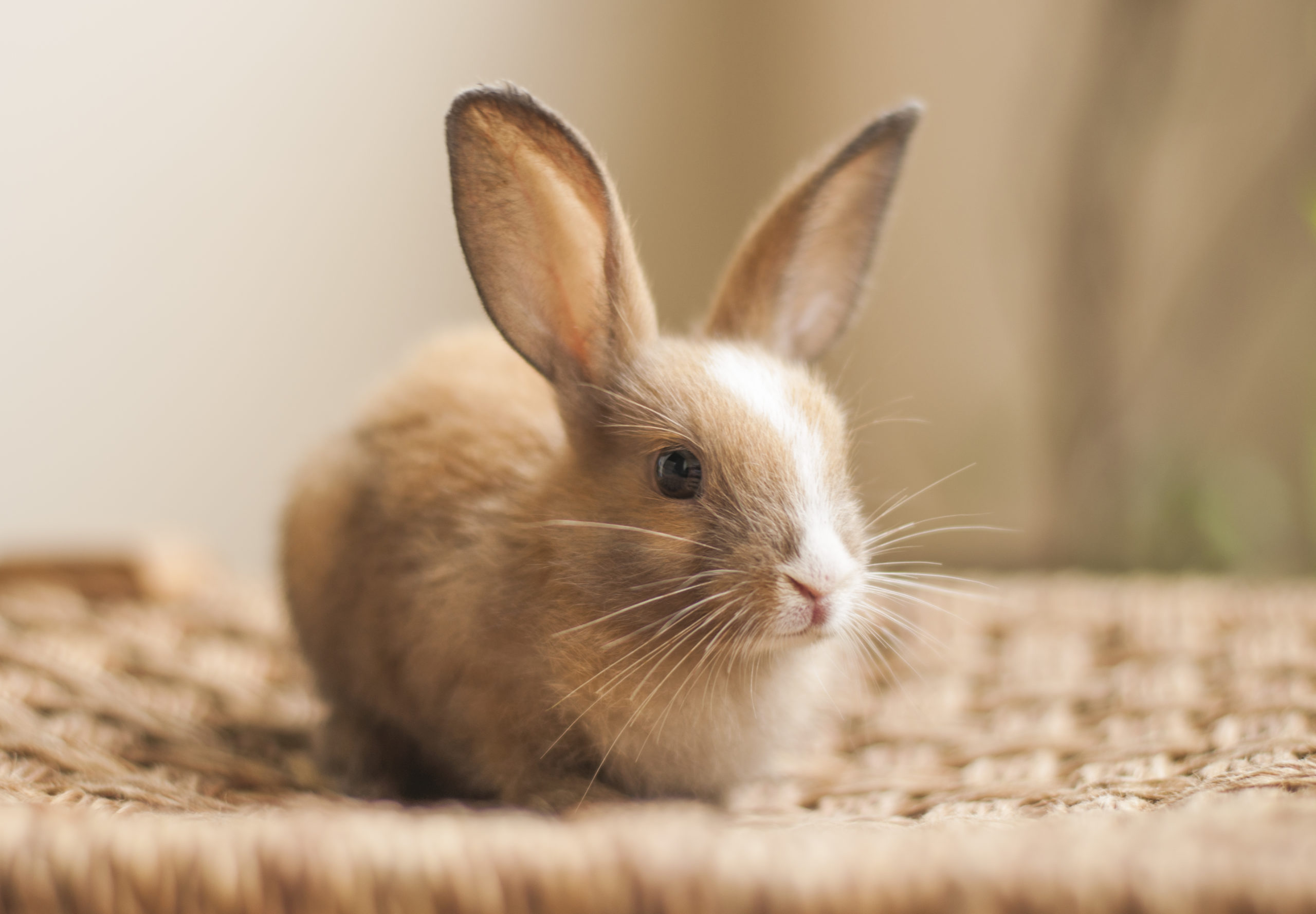
With the right knowledge and care, your bunny can live a long, happy life
Caring for a bunny is not overly complicated, but there’s a lot to consider. Good nutrition is key, and the type and amount of food you give your bunny will depend on their age and size. A newborn bunny will have different dietary needs than an adult rabbit. Knowing how to tell how old a baby rabbit is is essential for providing the right nutrition for your pet.
It’s also important to provide your bunny with a safe, comfortable environment. Give them plenty of space to move around and exercise, and make sure they can’t access anything potentially dangerous. Finally, regular vet check-ups will help ensure your bunny stays healthy.
Socializing Your Bunny
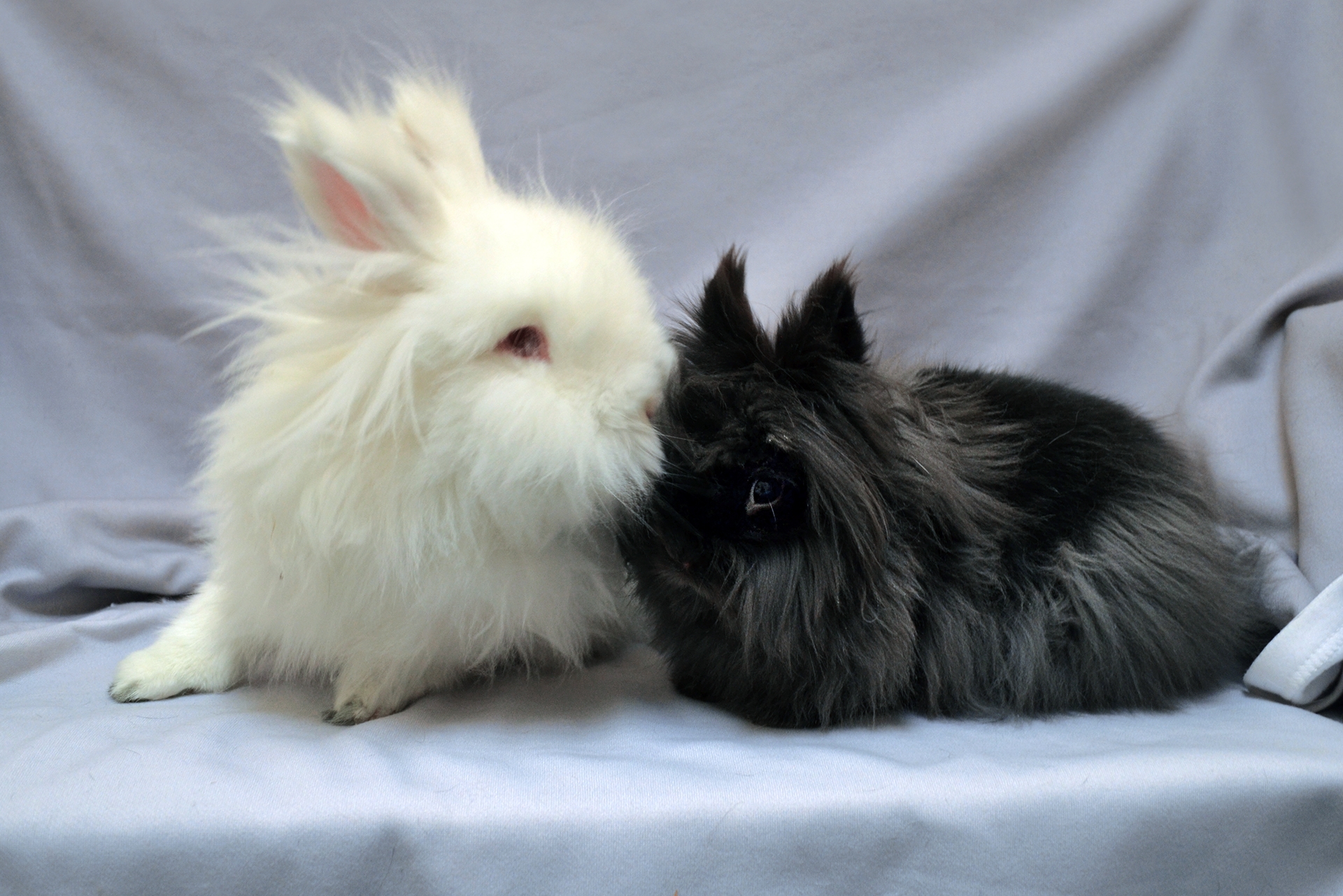
Help your bunny learn to trust and enjoy being around people
Bunnies are social creatures, so it’s important to provide them with opportunities to socialize. Start by getting your bunny used to being handled. Offer gentle strokes and talk in a soothing voice. As your bunny gets more comfortable, you can gradually increase the amount of time you spend together.
If your bunny will be living with other animals, it’s essential to introduce them properly. Start by introducing your bunny to the other animal from a distance, and gradually bring them closer together. This will help your bunny learn to trust the other animal. With patience and understanding, it’s possible to create a harmonious environment for multiple animals.
Conclusion



Caring for a bunny requires commitment and knowledge. Knowing how to tell how old a baby rabbit is is just one piece of the puzzle. With the right information and attention, your bunny can live a long, happy life.
How Old is My Bunny?
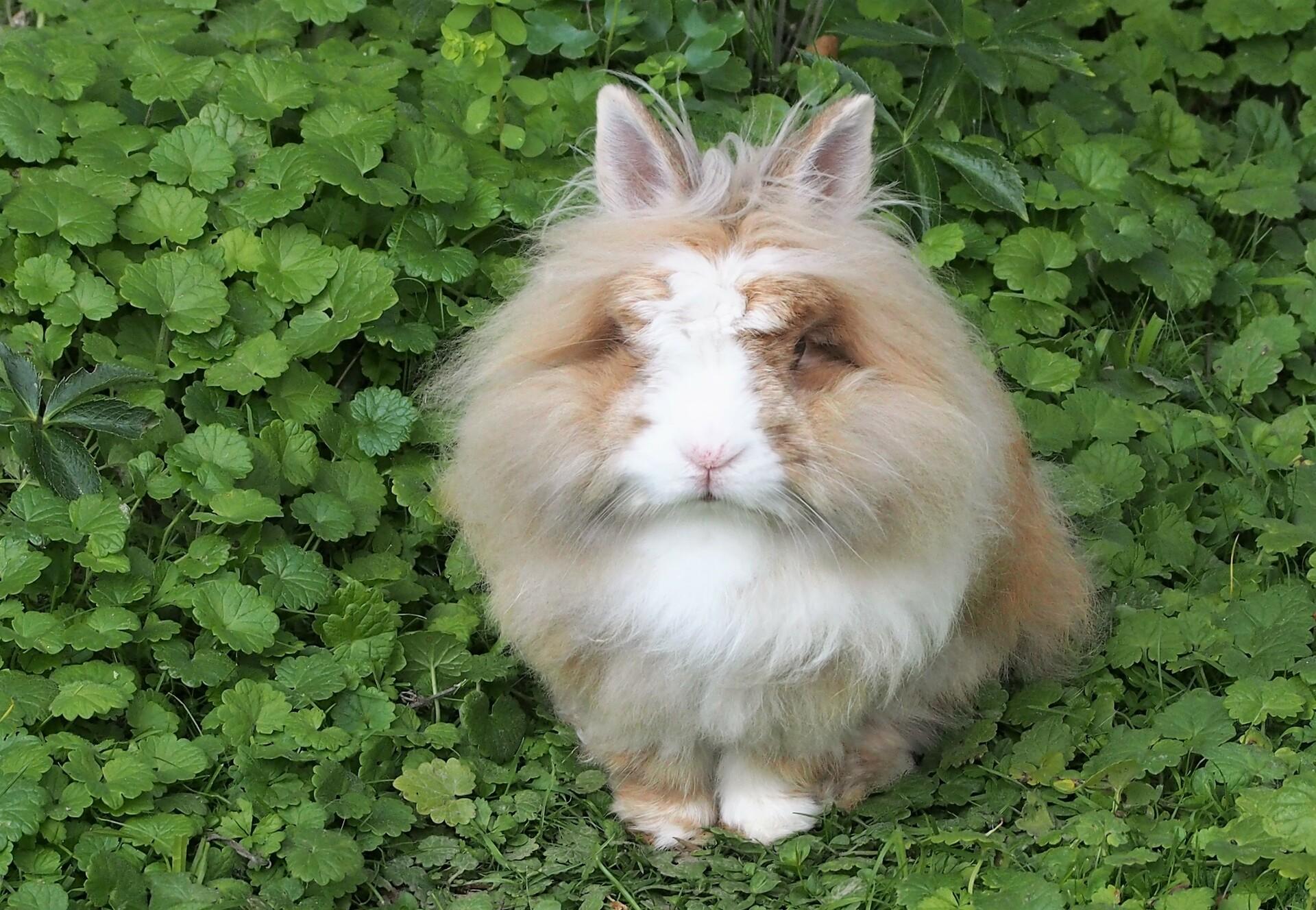
Determining the age of a baby rabbit can be tricky. Some of the ways you can estimate the age of a bunny include:
- Observing the size of the rabbit
- Checking the color of the rabbit’s fur
- Observing the color of the rabbit’s eyes
- Checking the condition of their teeth
Size: A newborn rabbit is born quite small, usually weighing between 2.5 and 3.5 ounces, and measuring between 4 and 5 inches long. As they age, they will grow in size. By four weeks, they will weigh around 10 ounces, and measure over 8 inches long.
Fur: A newborn bunny typically has a light grey coat of fur. By the time they are two weeks old, the fur darkens to a dark grey. By 4 weeks, the fur begins to take on the color of the breed, whether that be brown, black, white, or a mix of colors.
Eyes: A newborn bunny’s eyes are typically closed and won’t open until they are two weeks old.
Teeth: A baby rabbit will start to develop teeth around three weeks old. They will have a full set of baby teeth by the time they are 4 weeks old.
The age of a bunny can be tricky to determine. However, by observing the size, color of fur and eyes, and condition of their teeth, you can get a better understanding of their age.
References

| Source | Link |
|---|---|
| The Spruce Pets | https://www.thesprucepets.com/how-to-tell-how-old-a-baby-rabbit-is-1237474 |
| Rabbit Rehome | https://www.rabbitrehome.org.uk/advice-and-support/general-advice/how-old-is-my-bunny/ |
| Rabbit Welfare | https://www.rabbitwelfare.co.uk/age/ |
Frequently Asked Questions
How Much Space Do Rabbits Need?
Rabbits are a social species that benefit from interaction with humans and other rabbits. They require a minimum of 4sq. ft. of floor space in the enclosure. Additionally, they need a minimum of 8-12 inches of vertical space for them to stand upright and stretch out.
A larger enclosure with plenty of space for exercise is recommended. Exercise is critical for keeping them healthy, so provide plenty of room to move around, as well as hiding places and toys to keep them entertained. Rabbits also need room to run, so an outdoor enclosure is ideal.
What Types of Food Should I Feed My Rabbit?
Rabbits need access to fresh hay, vegetables and some commercial pellets to maintain a balanced diet. Hay should make up the majority of their diet, as it provides essential fiber and helps wear down their teeth. Other important parts of a rabbit’s diet are:
- Commercial Pellets: A small amount of commercial pellets (about 1-2 tablespoons per 6 lbs of body weight per day) can also be added to their diet for an extra nutrient boost. Avoid overfeeding pellets, as they are high in calories and can lead to obesity.
- Vegetables: Feed rabbits a variety of fresh vegetables to provide them with vitamins and minerals. Options include: dark leafy greens (e.g. spinach, kale, Swiss chard), carrots, broccoli, bell peppers, and parsley. Avoid starchy vegetables (such as potatoes and corn) as they can cause digestive issues.
- Fruits: Offer rabbits small amounts of fruits (e.g. apples, pears, bananas, blueberries) as occasional treats.
In addition to a balanced diet, always provide your rabbit with plenty of fresh water and access to hay at all times.
How often do rabbits need to be groomed?
Daily: Rabbits should have their fur brushed daily to remove dirt, debris and mats. Long-haired varieties of rabbits may require more frequent brushing.
Monthly: Rabbits should be bathed monthly to keep their fur clean. Use a mild shampoo and warm water. Make sure to dry their fur thoroughly after the bath.
Seasonally: Rabbits’ nails should be trimmed every three to four months. If the nails start to curl, they should be trimmed more frequently.
As Needed: Rabbits should be given regular dental check-ups to make sure their teeth are healthy. If the teeth become overgrown, they should be clipped by a veterinarian. Depending on the rabbit’s diet, dental check-ups may be needed more frequently.
What Medical Care do Rabbits Need?
Veterinary Care: Rabbits require regular veterinary check-ups to detect early signs of illness or injury. Vaccinations are available to protect against certain illnesses like pasteurellosis, and dental care may be necessary if your rabbit’s teeth become overgrown.
Spaying and Neutering: Spaying and neutering can help reduce aggressive and territorial behaviors and can also help to reduce the risk of certain reproductive cancers.
Diet: Rabbits require a diet high in fiber and low in fat. A balanced diet should include hay, fresh vegetables, and a small amount of high-fiber pellets.
Parasite Control: Rabbits are susceptible to fleas, mites, and other parasites. Regular checks for parasites and appropriate treatment is necessary for a healthy rabbit.
Grooming: Rabbits need to be regularly groomed to keep their coats clean and free of mats. Regular brushing will also help to reduce the risk of hairballs.
Exercise: Rabbits should have a safe, supervised area to run and play. Providing toys and other enrichment activities can help keep your rabbit active and healthy.
How do I tell if my Rabbit is Healthy?
Physical Appearance:
- Body should be well-rounded.
- Eyes should be bright, clean and clear.
- Nose and ears should be clean and free of discharge or crustiness.
- Coat should be glossy, smooth and clean.
Behavior:
- Active, alert and curious.
- Eating and drinking normally.
- No signs of lethargy or depression.
- No signs of pain or discomfort.
General Health:
- No evidence of parasites (such as fleas, mites, lice or worms).
- No excess discharge from the eyes, nose, or ears.
- No bald patches or scabs.
- No diarrhea or other digestive problems.
- No signs of respiratory distress (such as sneezing, coughing, or wheezing).
Conclusion



Bunnies are a unique and special type of pet that require special attention and care. Owning a bunny is a huge responsibility and requires thoughtful consideration. With the proper research and preparation, bunny owners can give their pet a happy and healthy home. Bunnies are an amazing age, and with proper care and attention, they can bring lots of joy and companionship to their owners.
References

